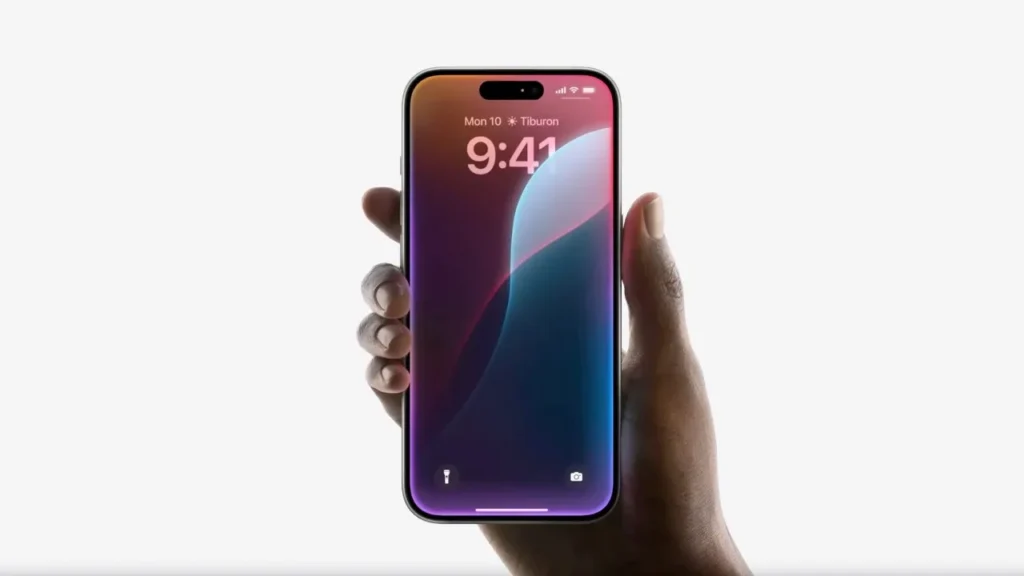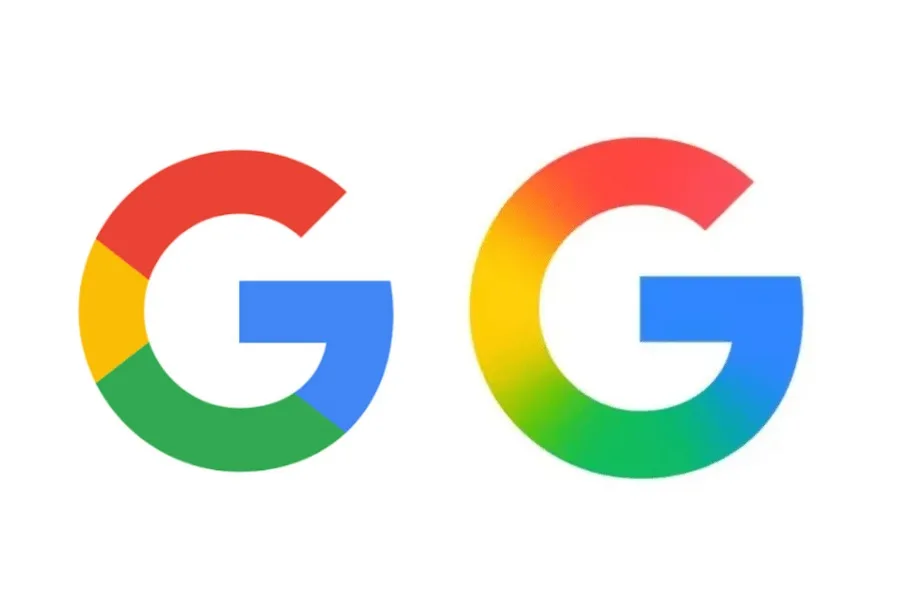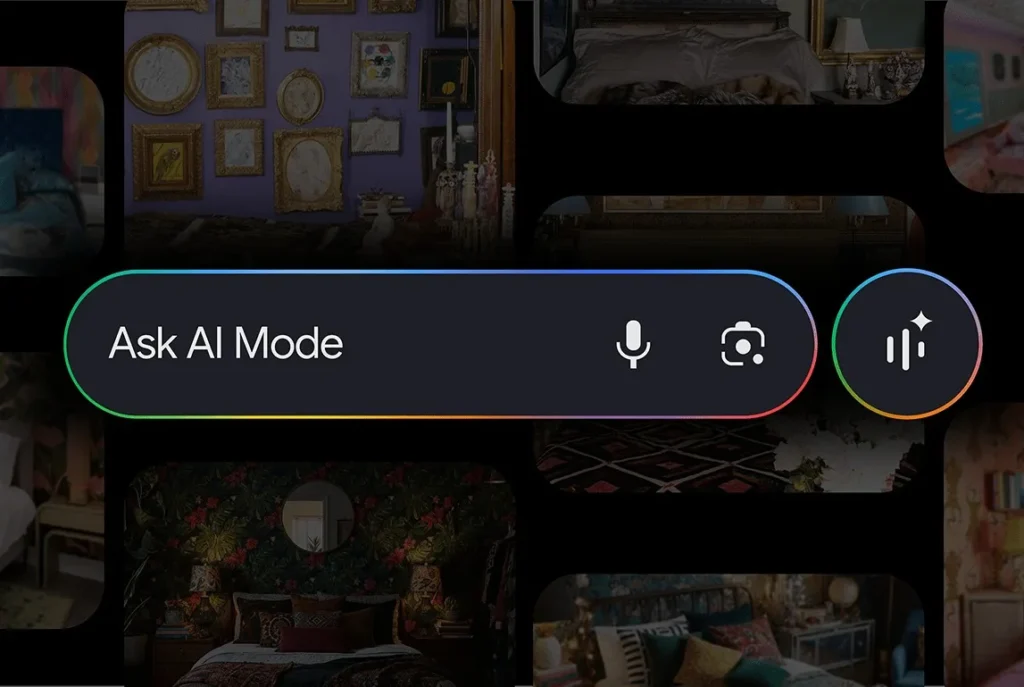Siri 2.0: The new Siri fails internal tests at Apple, launch postponed to 2026
For over a decade, Apple has positioned Siri as the cornerstone of its smart ecosystem—a voice assistant intended to become more intuitive and genuinely “intelligent.” However, as the anticipated return approaches in early 2026, doubts are growing.
Amid delays, internal bugs, and fierce competition, the Siri 2.0 project appears to be struggling to meet its promises.
A Symbol of Innovation Turning into a Burden
Initially launched in 2011 as a revolution, Siri quickly lost its luster next to Alexa (Amazon) and Google Assistant, which are often seen as more precise and contextually aware.
With Apple Intelligence—the new AI tool suite from Apple—the Cupertino company aims to breathe new life into Siri through:
- local data processing for enhanced privacy,
- deeper app integrations,
- and improved contextual understanding of requests.
However, according to multiple sources, these ambitions are clashing with reality.
Internal Tests: “Concerning” Performance
According to 9to5Mac, the early versions of iOS 26.4, meant to introduce the “new Siri 2.0,” have disappointed internal testers. The system still struggles with complex queries, loses track of conversations, and has difficulty maintaining context between interactions.
Craig Federighi, Apple’s VP, reportedly expressed frustration that nearly one-third of features fail during internal tests.
The result: the launch initially slated for late 2025 has now been postponed to spring 2026—not due to scheduling reasons, but because of fundamental reliability issues.
A Long Series of Delays and Revisions
This is not the first time Siri’s development has faced delays. Back in March 2025, “internal chaos,” project cancellations, and extensive restructuring were already being mentioned. In August, Federighi promised his teams a “much more ambitious update than expected”… but recent tests have not confirmed this optimism.
Underlying this is Apple’s philosophy of doing everything locally to protect user privacy, which is slowing development, unlike Google or OpenAI, which rely heavily on cloud solutions.
A Rapidly Accelerating AI Race
In the face of competitors like Gemini (Google) and ChatGPT (OpenAI), Apple appears to lag behind. Its rivals are already betting on assistants capable of reasoning, planning, and executing complex tasks in real-time. Criticism on social media is rising: “14 years after its launch, Siri still cannot understand basic conversation context,” lamented a user on X.
If the new Siri fails to impress, Apple may be forced to accelerate its AI partnerships—or even acquire specialized startups, as it has often done in the past.
A High-Stakes Strategic Bet
The success of iOS 26.4 could boost Apple’s stock due to the growing interest in AI. However, another failure would undermine the company’s innovation strategy, already criticized for its slow pace. Apple has always preferred to move cautiously, prioritizing reliability over speed. Yet, in an industry where AI evolves every quarter, this careful approach could turn into a disadvantage.
Apple stands at a crossroads: Siri 2026 must embody the vision of a useful, seamless, and secure AI, or it will yield permanently to more ambitious assistants from OpenAI and Google.
The lingering question remains: Can Apple still catch up in the AI race that it initiated?




